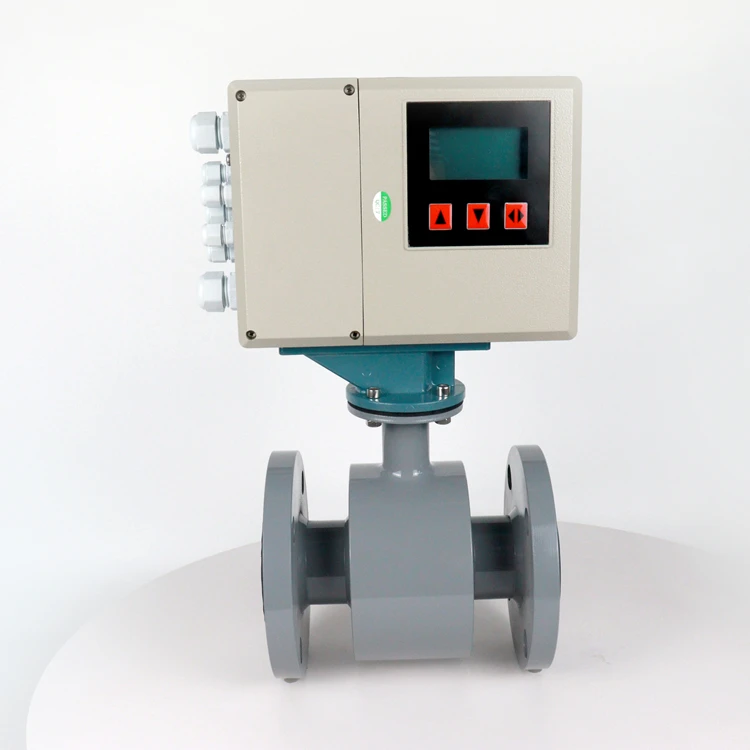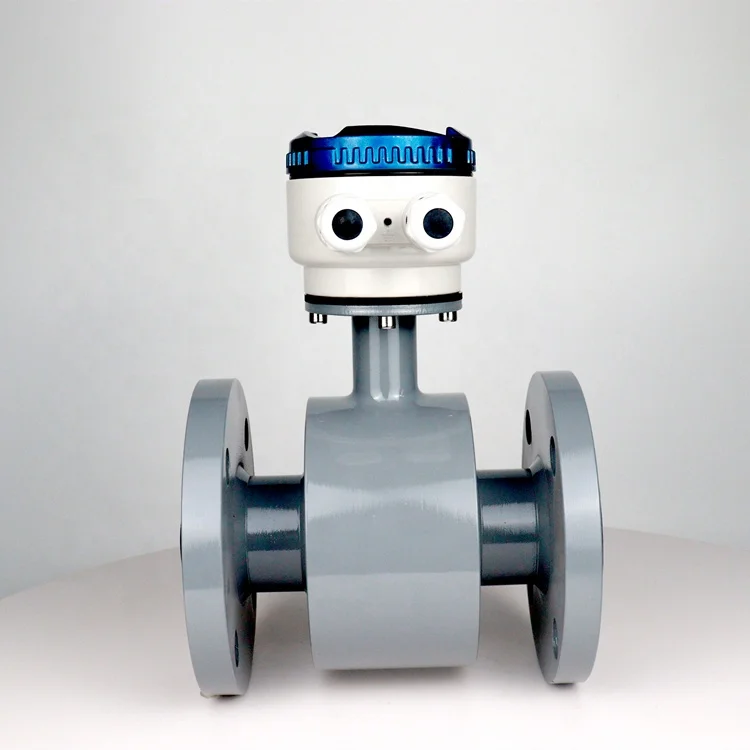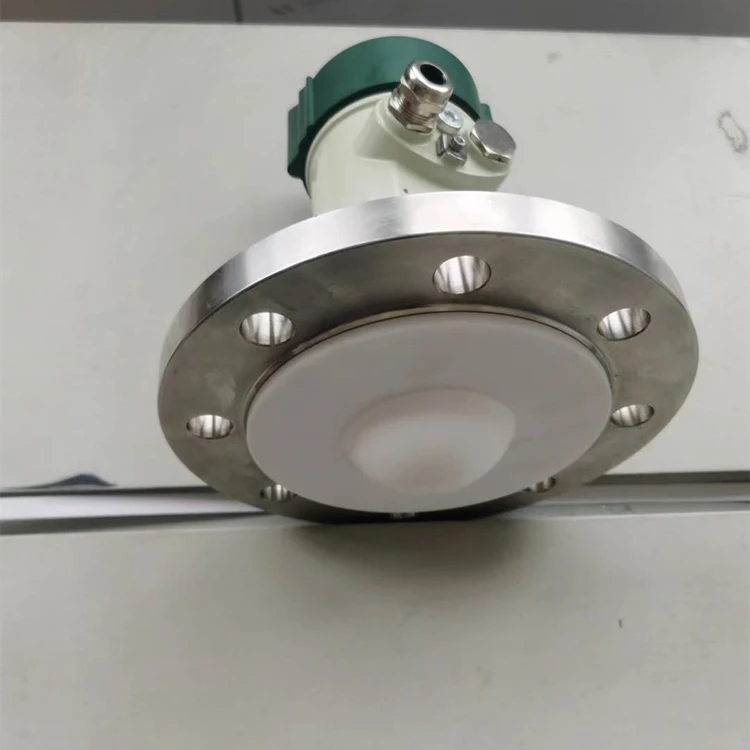Ever given a thought that how machines and systems work in factories? Factories are busy places and there is a lot going on to make them run smoothly - one part that plays an important role in this respect called the differential flow transmitter. It is used as a flowmeter to determine how any liquid (such as water or oil) passes through the pipes. This provides signal to the control systems that everything is working as expected and efficiently.
Different flow transmitters have 2 pressure sensors. The pipe has one sensor at the beginning and another at the end. As the fluid moves along this pipe, it changes pressure between these sensors. We can determine the velocity at which a fluid is moving by comparing the difference in pressure between them. This helps workers to understand the flow rate - simply put, how much fluid moves in a specified period of time. In the factory, if you don't know how much water flows is being used where then things can come to a grinding halt.
Efficiency and saving money is the key goal in a factory. It simply means that humans need machines to work at peak performance without wasting resources. This is the reason why differential flow transmitters are in such high demand. They help improve the feed rates with accurate flow rate measurement. This is conducive not only to better functioning of the factory, but also economizes on materials and energy consumption.
For instance, consider a water treatment plant. A facility where they purify and cleaned water to make it safe for human consumption. Flow rate is monitored in the pipes using ducted flow transmitters. It guarantees that the proper quantity of chemical are included the water to clean it correctly. If the flow is too fast or slow then it causes problems. Plants can save this expense by controlling the usage of chemicals only where it is required, along with providing clean water which could be consumed safely.

Steam and water flow meters are employed to evaluate the rate of liquid or gas movements, while leakage detection is predominantly used in piping systems. In the food and beverage industry, for example, differential flow transmitters are used to control how ingredients mix together before being processed. In the pharmaceutical industry, carefully measured chemical flows are required to accurately and safely make medicines.

In-order to choose a different differential flow transmitter, there is a couple of key factors you need consider. Think About the Kind of Liquid You are Measuring As different fluids have their own properties, one has to be careful in selecting a transmitter which is suitable for that particular fluid. Secondly, consider the level of accuracy that you require for your measurements. The level of accuracy required also varies - sometimes very high precision is needed, and in other cases just a rough idea on the flow will suffice.

Additionally, factor in the conditions under which you will use transmitter. As those new pressures are added, the effectiveness of that device can be affected by things such as temperature and pressure so it another important factor to have in mind when choosing one. This could mean many things and you should consider what input signals the device needs as with some devices as meaningful differences exist. Are you having it notify you? Or will it require to provide data capture for subsequent analysis? Finally, make sure you are figuring in the cost of maintaining a device and making sure that it runs smoothly after continuous use.
We are situated in a premium geographical location. Within 60 kilometers, there is Zhengzhou International Logistics Port, the largest port air logistics in Central China, with abundant logistic and air options; there are a variety of international express companies, such as FEDEX, UPS, DHL, TNT, etc. Zhengzhou City is 50 km away and is also the differential flow transmitter rail hub in China. It is connected railway transportation routes Central Asia, Europe, and Russia. Shipping with us is secure and quick, with a variety of options to choose from.
We have a complete set of precise measuring calibration equipment and have been certified by the China Institute of Metrology, making sure that every flow meter that we ship out of the factory has been calibrated with real flow is accurate and true precision. I have also the complete pressure and waterproof testing equipment. This is to make sure that my facility is strong enough and able to custom-make high-pressure instruments IP68 safety. Our quality control department is completely and strict. Each step is carefully planned to make sure that the product is differential flow transmitter after it leaves the factory.
Since many years we have worked with some of the most prestigious universities in the nation attract and train the best technical talent. This means that we're differential flow transmitter improving and adding new products. We can find solutions for different problems and issues that our clients have to deal with different projects. However, our talent plan involves fostering technical talent, offering specific research labs cooperating with top technology companies within the industry to develop.
First, we have obtained various forms approval certificates in China Second we have gotten explosion-proof certification recognized by the local mining industry (Ex d ia(ia Ga) q IIC T6 Gb) and we are trying to obtain the international ATEX explosion-proof certificate. In addition, our production workshop completed an entire set of quality differential flow transmitter and environmental system certifications and has obtained certifications; lastly, we also have CE certificates; full ISO quality certification, etc.


Copyright © Kaifeng Kamboda Industrial Instrument Co.,Ltd All Rights Reserved - Privacy Policy